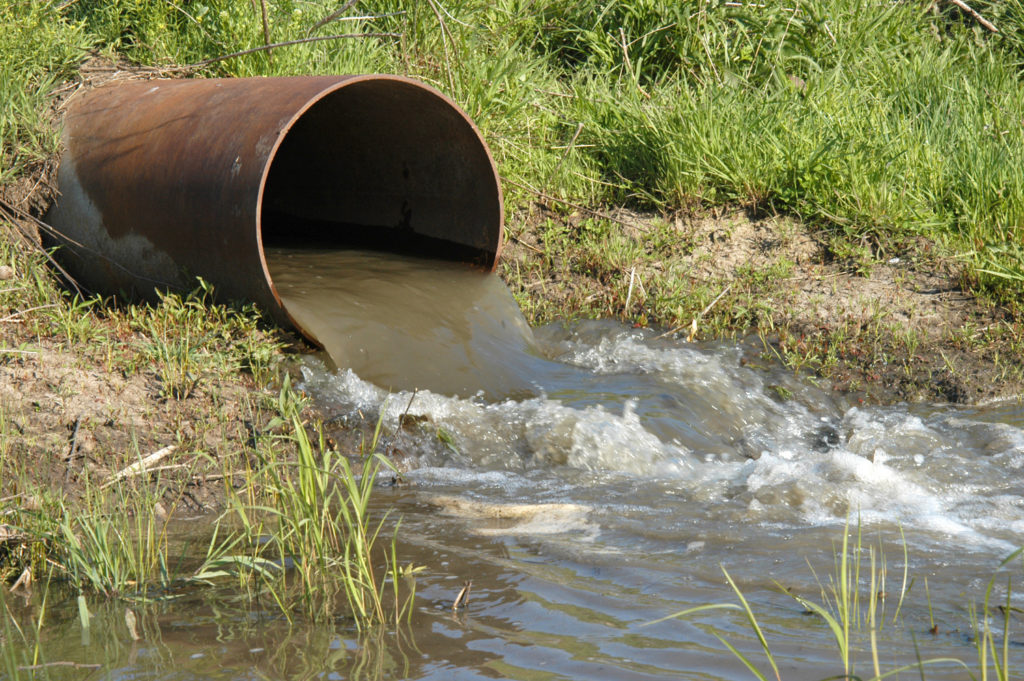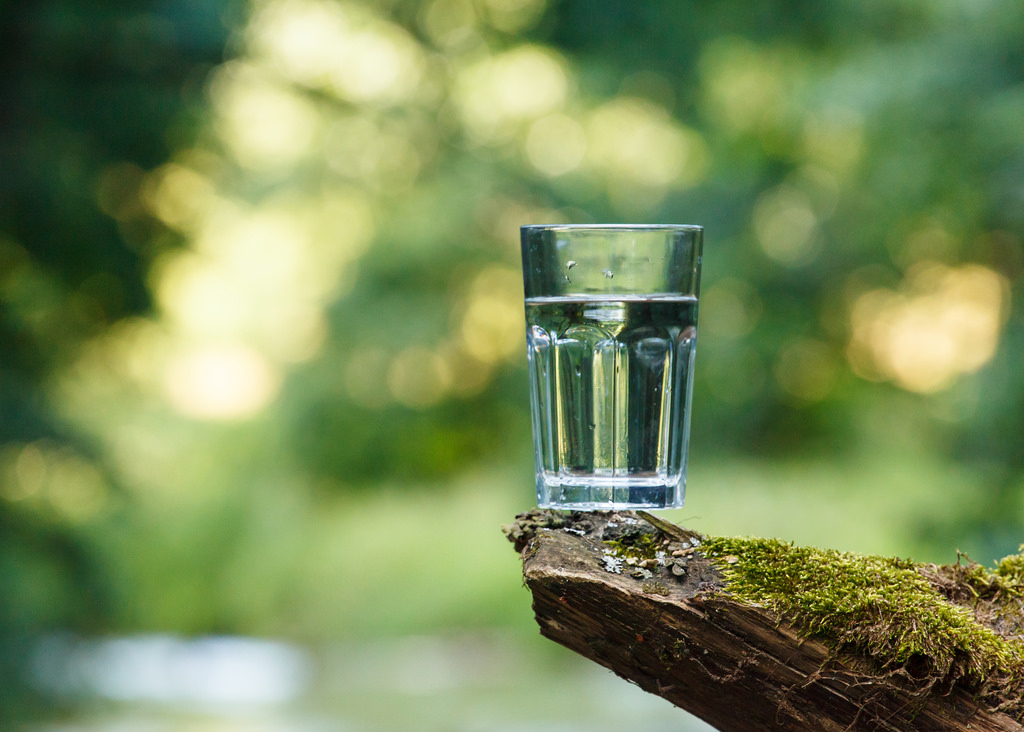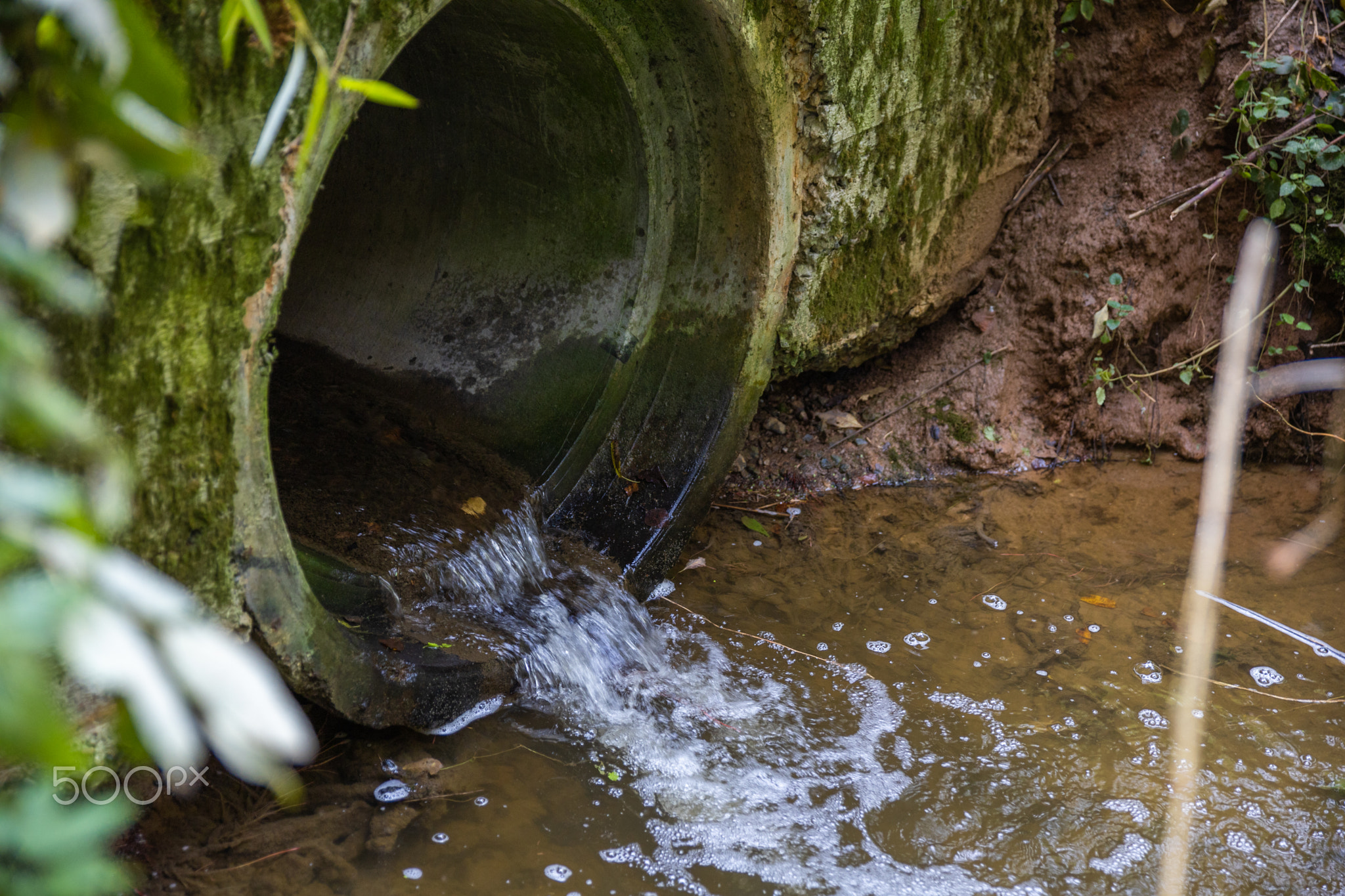Stormwater vs Wastewater – What’s the Difference?
By Preston Vawdrey
As clean water enthusiasts, one of the biggest problems we face is increasing public knowledge about water pollution issues like wastewater, stormwater, and proper water maintenance.

When trying to spread awareness about water issues, we get one particular question more often than others: What is the difference between wastewater and stormwater? There are only a couple of differences between the definitions of wastewater and stormwater.
In water communities, we tend to define water by the way it travels from one place to another. The usual key factors in the definition are:
- Where did the water come from?
- How did it travel?
- Where did it end up?
- What happened to it along the way?
Here is a table about the process that defines stormwater and wastewater:
| Wastewater | Stormwater |
| Starts as water that leaves your home | Starts as water that falls during a rainstorm |
| As water leaves your home through toilets, sinks, or showers, your water is taken from your home in underground pipe systems. | As water hits the ground, that rain becomes runoff when it cannot be absorbed properly. (due to cement, asphalt, or other man-made structures). |
| As wastewater leaves your home, it carries the things you let go down the drain (often unsustainable items, too). | As runoff flows around man-made structures, it picks up pollutants like oil, litter, or other chemicals neglected on the street. |
| Wastewater will be treated at a wastewater treatment plant. | Runoff will eventually enter a storm drain, where it will not be treated. |
| Wastewater will then go through the wastewater system into the nearest lake, river, ocean, or retention pond. | Stormwater will then go through the stormwater system into the nearest lake, river, ocean, or retention pond. |
Wastewater and stormwater both carry materials that pollute our environment, which also presents a health risk for people, animals, and plant life too.
“Much of our wastewater, treated or untreated, eventually ends up in our rivers, streams, lakes, and oceans-sometimes via groundwater, the underground water source we tap for well water. We often assume that groundwater is pure-and it usually is-but unfortunately, well water contaminated by sewage is a common cause of outbreaks of wastewater-related diseases.” Source: https://riverlink.org/wp-content/uploads/2014/01/stormwaterseriesfinal1.pdf
If people are not careful what they leave on the street, stormwater can be dangerous too.
Stormwater “runoff can kill aquatic life, and make our waterways an unhealthy place to live, work, and play. Untreated stormwater entering our streams can result in the contamination of our drinking water supplies or shell fishing waters; prohibitions on swimming, fishing or boating uses; injury to aquatic plants and animals; dangers to public health; and increased flooding.” Source: https://engineering.purdue.edu/~frankenb/NU-prowd/disease.htm

We need to be more aware of how we affect the planet’s water. Our planet may be majority water, but that doesn’t mean we can neglect it.
If you want to learn more about water pollution, check out our website, social media pages, or some of the resources we used for this article.
www.stormwatergo.com/savingstormwater
http://www.aucgrouplp.com/understanding-difference-stormwater-wastewater/

